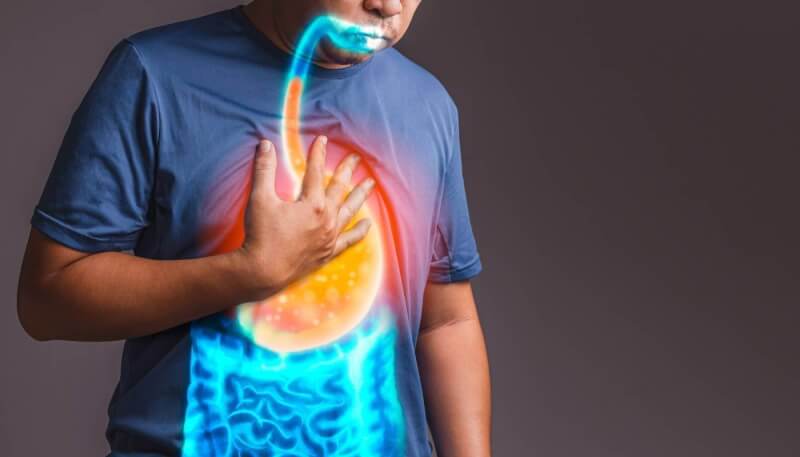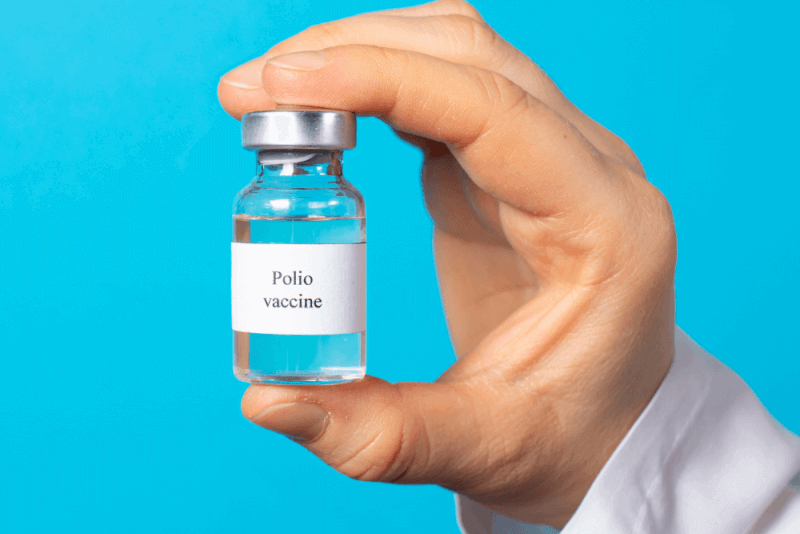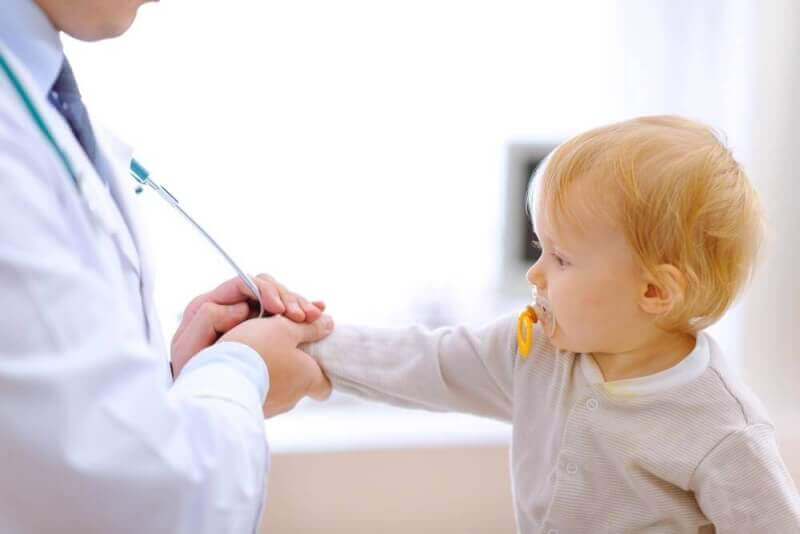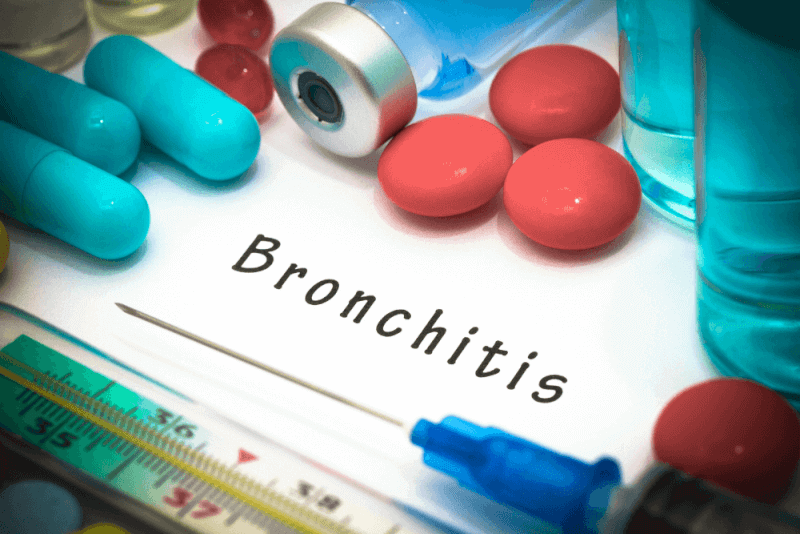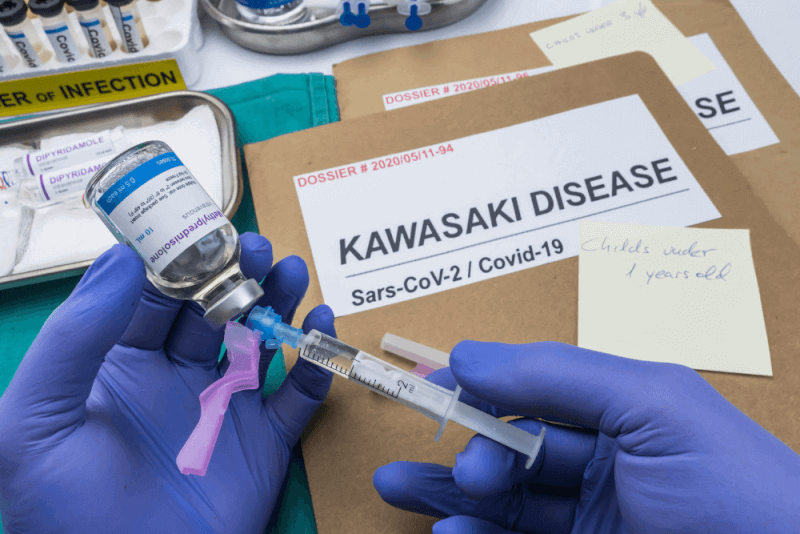Pediatrics
What is child health and diseases?
The department of child health and diseases is also called pediatrics. They monitor the healthy development of individuals from birth until the age of 18 and diagnose and treat diseases.
They follow congenital diseases, motor development, vaccination follow-up and physical development of individuals from birth. During these periods, routine examinations are carried out to monitor children's weight, height and nutritional development, as well as their daily living skills, neurological and psychological development.
Since babies are not yet able to communicate, it is difficult to diagnose diseases during this period. In childhood examinations, the psychology of children is taken into consideration.
Physicians interested in pediatrics complete a 4-year specialty training after completing 6 years of basic medical education. In addition, physicians can specialize in the sub-branches of the field of pediatrics.
What are child health and disease states?
The department of pediatrics is divided into sub-branches within itself. In this way, physicians specialize in children's health and diseases, while at the same time monitoring children and diagnosing diseases is more efficient and successful. The subcategories of pediatric health and diseases are as follows.
Pediatric cardiology
Pediatric cardiologists first complete 6 years of basic medical training, followed by 4 years of specialty training in pediatrics. Afterwards, they receive a 3-year training in pediatric cardiology. The issues that physicians specializing in this field deal with start from the fetus in the womb and continue until the children are 18 years old. The field of pediatric cardiology provides services for congenital heart diseases as well as acquired heart diseases.
Pediatric surgery
Pediatric surgeons complete 5 years of pediatric surgery training after 6 years of basic medical education. Pediatric surgeons are authorized to diagnose and diagnose congenital deformities and anomalies. Pediatric surgeons perform operations in the following areas.
- Diseases in the chest area other than the heart
- Gynecology
- Oncology
- Endocrine
- Digestive system
- Trauma
- Abdominal and umbilical hernia
Child neurology
Pediatric neurologists are responsible for diagnosing and treating diseases related to the brain and nervous systems of children from birth to the age of 18. They deal with a wide range of neurological developmental disorders that occur in the womb, early childhood, adolescence or at birth, such as paralysis, autism, headaches, seizures with or without fever, epilepsy, and muscle diseases. In order for physicians to specialize in the field of pediatric neurology, they receive 6 years of medical education followed by 4 years of pediatric health and diseases education. Afterwards, they must complete their education in the field of pediatric neurology in 3 years.
Pediatric hematology
Pediatric hematology is a department that deals with blood and blood diseases. In order to specialize in this field, they must complete 6 years of basic medical education followed by 4 years of specialty training in pediatrics. They must then complete a 3-year pediatric hematology specialization training to specialize in pediatric hematology.
Pediatric hematology, which deals with the function and structure of blood and bone marrow, includes leukemia, lymphoma and anemias. Pediatric hematologists also perform bone marrow and blood transfusions.
Child and adolescent psychiatry
Individuals under 18 years of age develop not only physically but also psychologically extremely fast. It is also during this time that character, emotions and thoughts are shaped. For this reason, child and adolescent psychology is one of the fields that should be closely monitored.
Physicians who are authorized to diagnose and treat psychological disorders that occur during childhood and adolescence are trained in child and adolescent psychiatry for 4 years after 6 years of basic medical education. In addition to psychological disorders, child and adolescent psychiatrists ensure that children are followed up in many areas such as social, psychosocial, self-care, language, fine and gross motor movements and cognitive development.
Pediatric nephrology
Up to 18 years of age, specialization in kidney and urinary tract diseases is called pediatric nephrology. Pediatric nephrologists diagnose and treat diseases of the kidneys and urinary tract of children. They also apply various preventive methods to prevent the disease from recurring.
In addition to the diagnosis and treatment of both congenital and acquired kidney diseases, the field of pediatric nephrology takes measures to prevent damage to the kidneys by various diseases that cause kidney involvement, such as familial Mediterranean fever.
In order to specialize in pediatric nephrology, it is necessary to complete 6 years of basic medical education followed by 4 years of pediatric health and diseases education. Afterwards, they must complete 3 years of training in pediatric nephrology.
Pediatric oncology
Another specialty that specializes in childhood cancers is pediatric oncology. They enable the diagnosis and treatment of cancers, especially leukemia, bone, brain and other organ cancers.
They work in collaboration with many different fields, especially radiology, to diagnose and treat childhood cancer types. The important thing in pediatric oncology is early diagnosis. In this way, many different types of cancer can be successfully treated.
Pediatric immunology and allergy diseases
The pediatric immunology and allergy diseases unit is a subdivision of the pediatric health and diseases department that deals with the diagnosis and treatment of diseases such as asthma and urticaria, as well as insect and drug allergies. Physicians working in this unit must first complete 6 years of basic medical education followed by 4 years of specialty training in pediatrics. Afterwards, a 3-year subspecialization in pediatric immunology and allergy diseases must be completed.
Pediatric urology
The unit authorized for the diagnosis and treatment of kidney diseases, genital area diseases and urinary tract diseases in children from the womb to the age of 18 is the pediatric urology unit. Physicians who wish to specialize in this department must complete 6 years of medical education followed by specialization in pediatrics or pediatric surgery. Afterwards, they can become pediatric urologists by completing their 3-year education in pediatric urology.
Pediatric endocrinology
Pediatric endocrinology is the unit that deals with diseases related to children's hormones and the glands responsible for secreting hormones. In this department, he is responsible for the diagnosis and treatment of many diseases and health conditions in children, such as excessive hair growth, development and growth disorders, early or late puberty and bone disease. In order to specialize in pediatric endocrinology, physicians must first complete their medical education and then their specialty training in pediatrics. Afterwards, it is necessary to successfully complete the 3-year pediatric endocrinology education.
Pediatric gastroenterology, hepatology and nutrition
Pediatric gastroenterology, hepatology and nutrition department is the department authorized for the diagnosis and treatment of stomach, intestinal and liver diseases of people between the ages of 0 and 18. This department diagnoses and treats diseases such as chronic abdominal pain, anorexia, peptic ulcer and gastritis, which are seen in children from infancy. In addition, pediatric gastroenterology, hepatology and nutrition department is the department where digestive system monitoring methods such as gastroscopy and colonoscopy are performed.
Pediatric intensive care
Pediatric intensive care is the department where the health status of infants older than 28 days and children up to 18 years of age with serious risks to their vital signs are monitored. In this department, monitoring of life-threatening health problems for any reason is carried out 24 hours a day, 365 days a year without interruption. In this department, serious health problems, especially due to system or organ failure, as well as general health conditions after surgery, are hospitalized for monitoring. Physicians working in pediatric intensive care units complete 3 years of pediatric intensive care department training after 6 years of basic medical education and 4 years of pediatric health and diseases specialty training.
What diseases do pediatricians of child health and disease deal with?
In the department of pediatrics, diagnosis and treatment methods are applied for health problems in many different areas. These diseases can basically be divided into endocrine and metabolic disorders. The following are the most common reasons for presenting to pediatric health and disease outpatient clinics.
- Infectious diseases
- Ear pain
- All febrile illnesses
- Allergic rhinitis
- Home accidents
- Allergic asthma
- Rash diseases
- Enlarged lymph nodes
- Respiratory diseases
- Joint rheumatism
- Tonsillitis
- The common cold
- Vomiting
- Grip
- Abdominal pain
- Febrile convulsions
- Chickenpox
- Nipple problems
- Mumps
- Breastfeeding problems such as low milk supply
- Measles
- Inflammation of the eye in newborn babies
- Rubella
- Inflammation of the navel
- Attendance vigils
- Rash
- Gas pain
- Constipation
- Kidney diseases
- Heart diseases
- Urinary tract infection
- Chest pain
- Urinary tract stones
- Urinary incontinence
- We ask the questions
- Food allergies
- Fifth disease of thyroid and growth hormone irregularities
- Excessive hair growth in girls
- Cushing's syndrome
- Disorders of sexual development
- Newborn examination
- Adrenal gland diseases
- Acute rheumatic fever
- Sixth disease
- Rheumatology diseases
- Vaccination schedule
- Pituitary gland diseases
- Inguinal hernia
- Purpura and ecchymosis
- Attention deficit and hyperactivity disorder
- Sunnah of the Prophet
- Undescended testicle
- Anaroxia and bulimia in adolescence
- Autism
- Cerebral palsy
- Anemia
- Newborn jaundice
- Circumcision
In which cases should you consult a pediatric health and diseases department?
Childhood is the period when people's development is the fastest. During this period, their physical, psychological and mental development should be closely monitored, general health should be protected and possible illnesses should be intervened as soon as possible. To this end, the Department of Pediatrics strives for a healthy, smooth and progressive development of children.
In case of the onset of common right problems in children, it is necessary to consult the pediatric health and diseases department. In addition, routine examinations at intervals appropriate to the age of the child are carried out to determine whether the child's development is healthy and any possible delays can be detected at an early stage and can be easily overcome.


